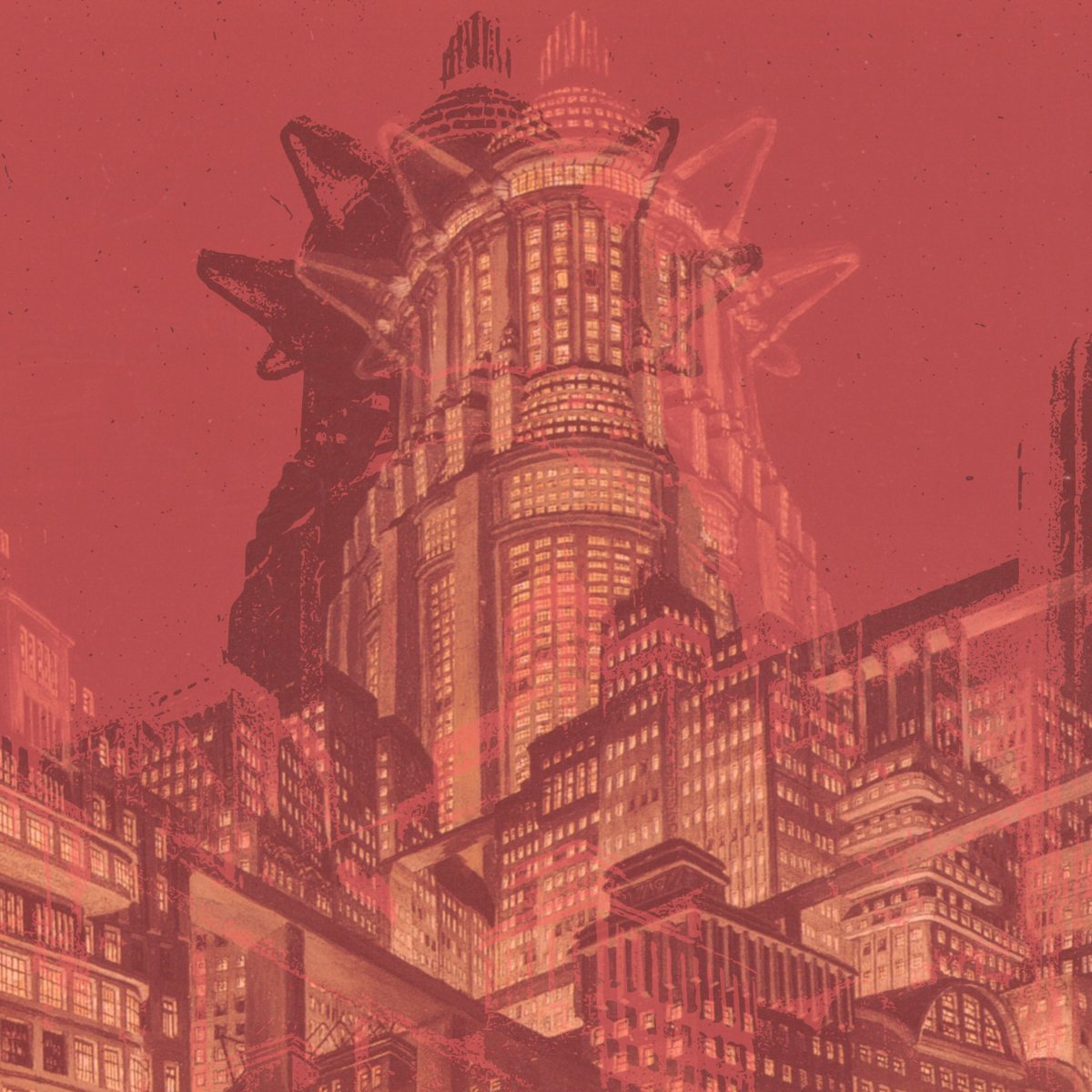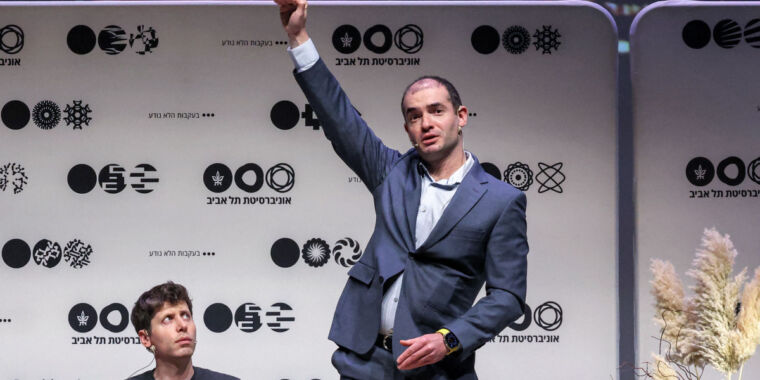(i) Innumerable media applications just like Odysee, X, Reddit, Zerohedge, Drudge Report, etc. powered by the same Arweave technology stack which makes them privacy focussed, customizable, and censorship resistant.
This part doesn’t sit well with my me. Tone is a bit too bombastic.






Yeah Blockchain is a massive warning flag.
There are only two real use cases for Blockchain